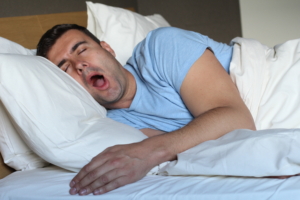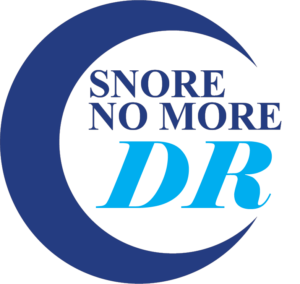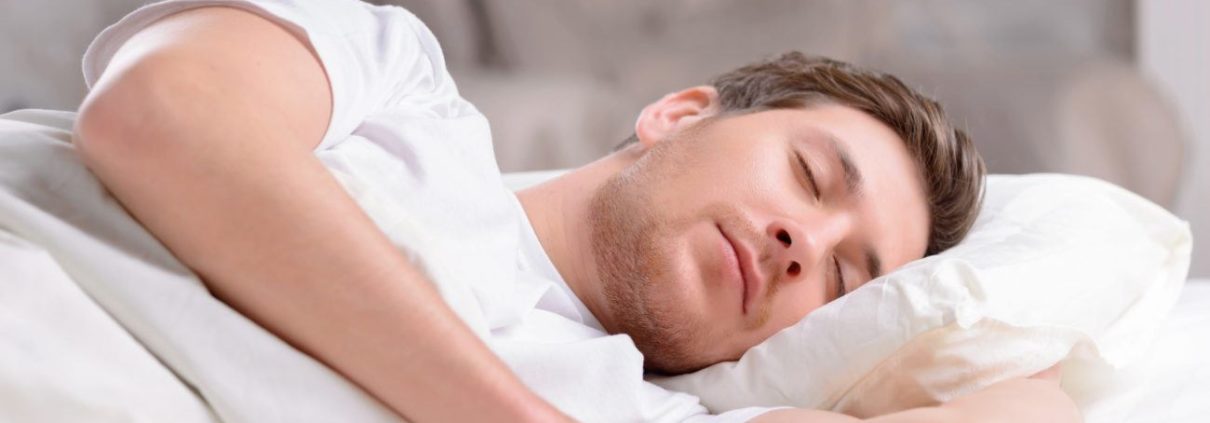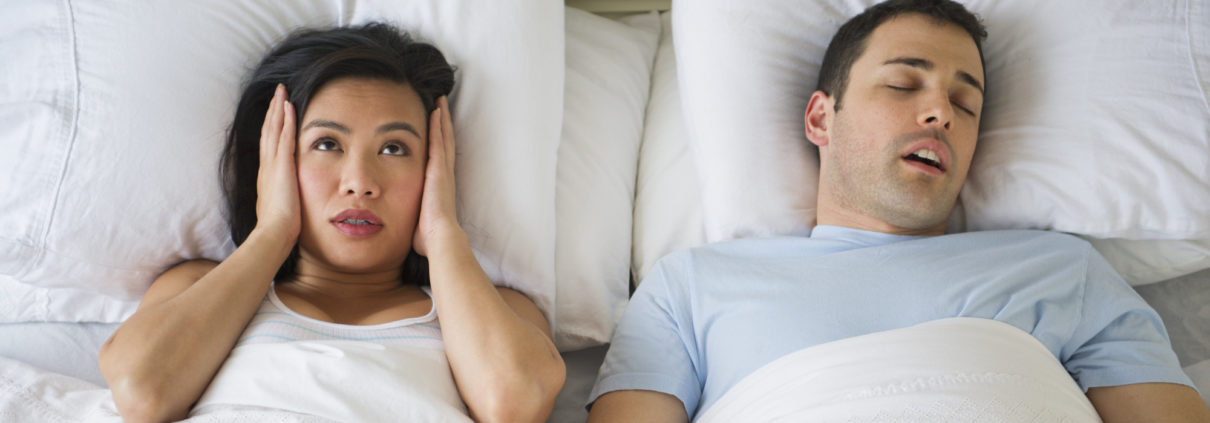
First Responder Shiftwork Sleep Disorder
By Dr. David Jin
What is Shiftwork? Shiftwork is work that takes place outside of ‘ordinary hours of work’. Many businesses rely on shift workers to keep things running seamlessly 24 hours a day. Our first responders (Police, Fire Fighters, and EMTs) are typical examples of shift workers. This constant flip-flop of work schedules is just like having jet lag and it can cause insomnia (difficulty in being able to sleep), excessive daytime (awake time) sleepiness, impaired work performance, and even some safety hazards such as falling asleep behind the wheel. These are the symptoms of the Shiftwork Sleep Disorder.
Folks who work the late-night shift, the early morning shift, and rotating shifts are prime candidates for Shiftwork Sleep Disorder. Routinely they will experience “sleep debt”. These changes in work schedules will consistently accumulate “sleep debt” and make it difficult to “repay” their “sleep debt”. Trying to catch up with binge sleeping will actually throw off your body’s time clock which will lead to a variety of medical issues with your circulatory systems, immune systems, reproductive systems, and mental health.
Normal sleep is 7-9 hours of solid sleep per day. This may not be possible for many shift workers, and their only choice is to cope. Long exposure to shiftwork sleep disorder may lead to increase chance of:
- Type II Diabetes
- Stomach ulcer
- Cardiovascular disorder
- Depression
- Snoring
- High blood pressure
- Gastro-intestinal disorders
- Unplanned weight gains
- Sexual dysfunctions
- Obstructive Sleep Apnea
Initially, the most common symptom is snoring. Many of us have heard of the phrase “I only snore when I am really tired.” Well, if you are consistently lacking sleep, then you will be “really tired” all the time. 70% of loud snorers will develop some version of Obstructive Sleep Apnea, and most of the above-mentioned medical issues are reversible if we are able to provide appropriate treatment.
At Snore No More by ABS, while our name suggests that we are dealing with your snoring, we are here to help you addressing the underlying issue of snoring, which is Obstructive Sleep Apnea. Helping people stop snoring saves marriages and saves lives. Our goal is to provide you with the best opportunity for a good night’s sleep.
next article: We will discuss what is Obstructive Sleep Apnea, and how simple it is for us to help you to a better night sleep.
Sleep is a basic requirement for health. We need sleep to fight:
- Infection
- Sexual dysfunction
- Support our metabolism
- Prevent diabetes
- Cancer
- Arthritis
- Kidney disease
- Parkinson’s
- Obesity
- Depression
- Heart disease
- High blood pressure
- Stroke
And to cognitively function optimally in our everyday lives.
Shortened sleep (less than six ours a night) has increased dramatically over the last 30 years. Also, intermittent sleep disturbances throughout the night result in fatigue, disorientation, and decreased alertness. Many people that are depressed, have PTSD, and poor interpersonal relationships, can point to the origins of their psychological problems from diminished sleep. Sleep problems exhibited by restlessness or waking up in the middle of the night are common symptoms of dementia and Alzheimer’s. A bad night’s sleep can dull our thinking, make it hard to concentrate, and diminish our memory, creating a negative effect on our wellbeing.
Frequent use of sleeping medication is not the panacea for addressing sleep disorders, as its persistent use, puts people at a higher risk of developing dementia. Even people who use sleep medication as infrequently as five times a month are at a risk for developing dementia.
As of recent, people are beginning to realize that there is a huge correlation between the breathing disorder of obstructive sleep apnea and sleep quality. When we have a blockage at the back of our throats, we can’t breathe, and our brains wake us up because we are not getting enough oxygen. As we get older, the muscle tone in the back of our throats lessens, causing our soft palate to drop and close the airway. Being overweight and having a large neck circumference, or being a smoker, also causes a narrowing of the back of the throat. Alcohol usage relaxes the muscles in the back of the throat also causing apnea, or closure of the airway. Weight loss and exercise help, but in most cases the back of the throat needs to be physically opened with either a CPAP (continuous positive air pressure) or an oral appliance that advances the lower jaw and pulls the tongue forward opening the air way at the back of the throat. The majority of people do not tolerate using the CPAP on a routine basis and the oral appliance has proven to be highly successful.
There is a connection between obstructive sleep apnea and cancers. When we can’t breathe at night, the resulting decreased oxygen causes our body to stimulate the creation of new blood vessels. This additional blood supply encourages tumor growth.
If you experience insomnia, restlessness, interruptions in sleep due to gasping for breath, snoring, sleep deprivation, sleepiness, seek help! Prioritize sleep and make it important. Your health, your family, and your fellow brothers and sisters will all benefit with you being optimally healthy and mentally aware.
People that are not getting a well-rested sleep on a regular basis are prone to many dangerous conditions. Even loss of an hours’ worth of sleep can increase the risk of a wide range of conditions. When we don’t get enough sleep, our immune system goes into overdrive which causes systemic inflammations and turns on dangerous genetic switches.
Sleeping apart? Snoring, choking, gasping for breath, and restless sleep are some of the annoying and disruptive characteristics of a spouse that has sleep apnea. Imagine sleeping next to someone who snores as loud as a jet engine, then chokes, stops breathing for up to 90 seconds, and then hyperventilates for up to 500 times a night? On the other hand, how would you like to be poked, shoved, or awakened by your spouse all because you’re keeping them up all night with your loud snoring and restless sleep? That’s two people suffering every single night. Read more




